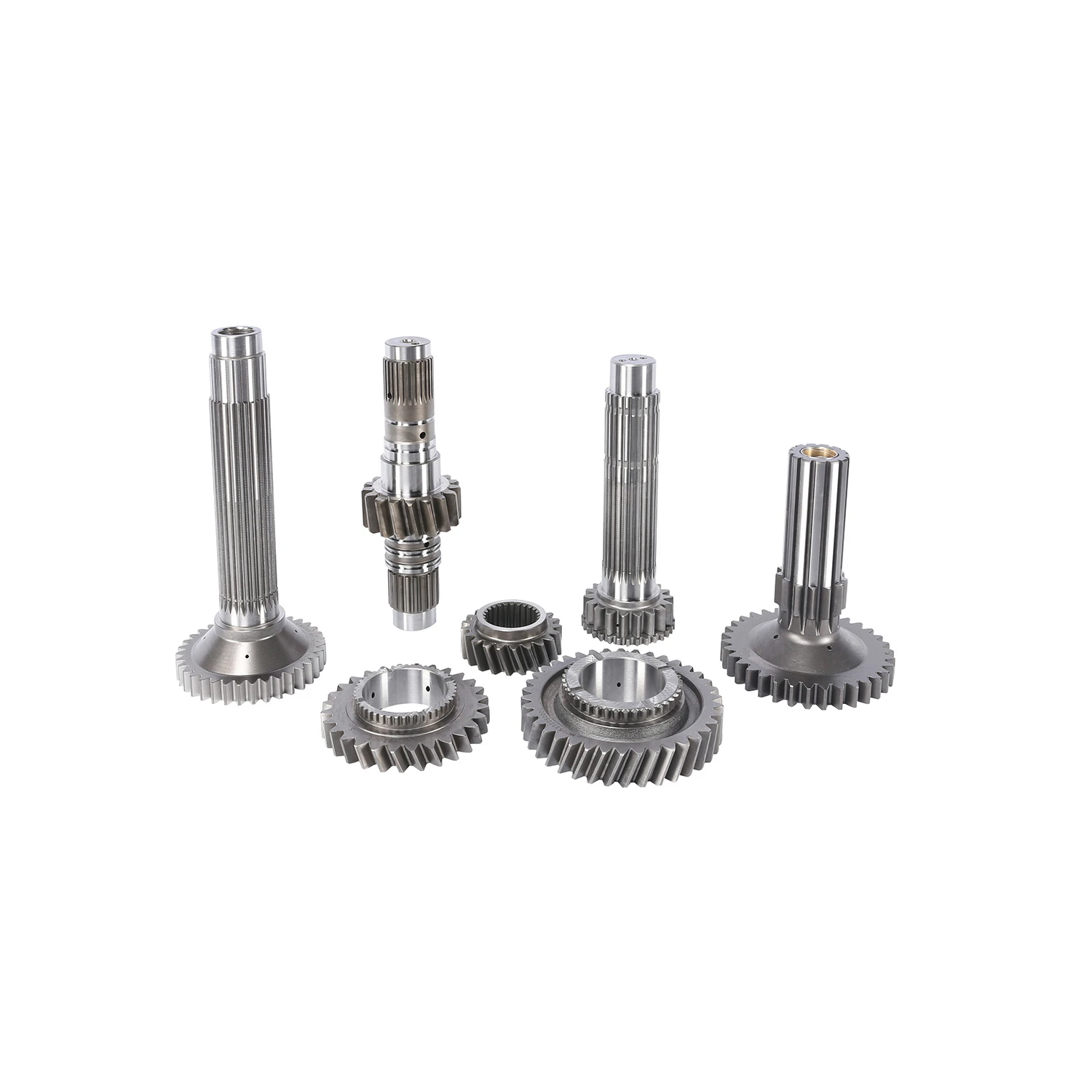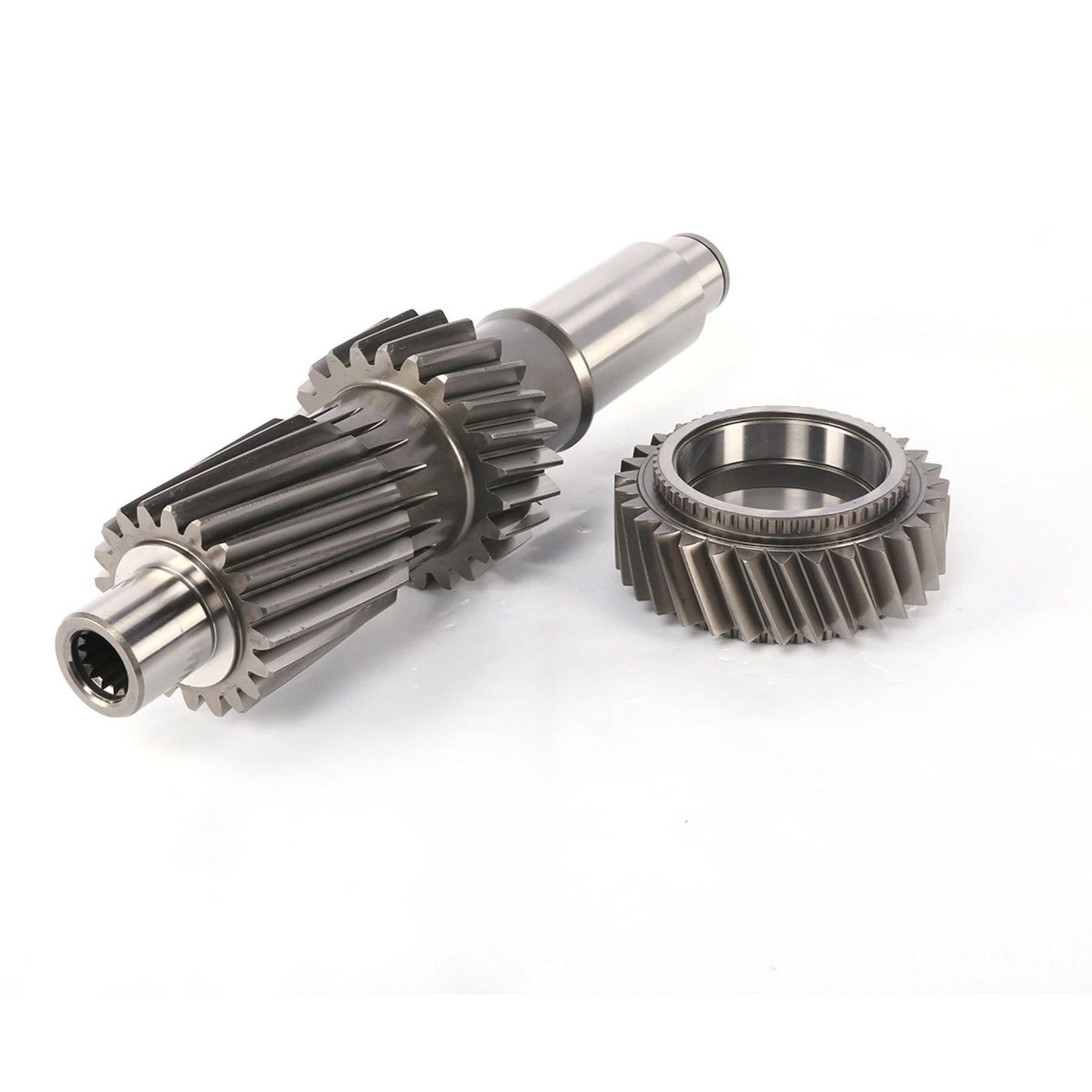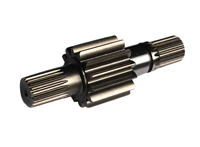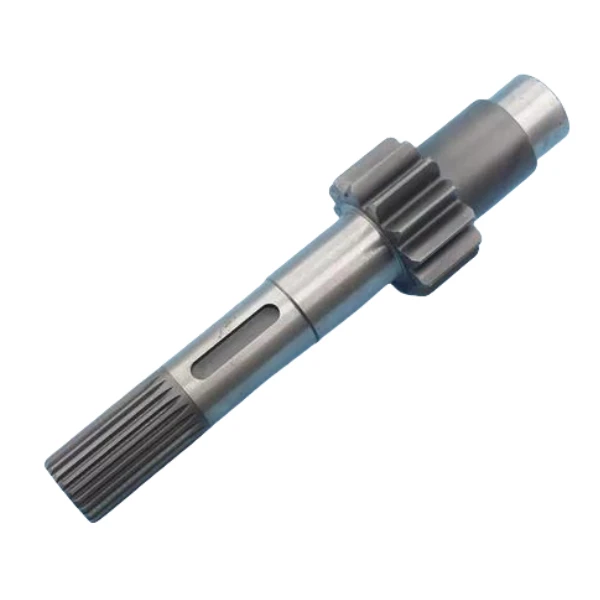What is a Rotary Tiller?
What is a Rotary Tiller?
A rotary tiller, also known as a rotary cultivator or rotavator, is a powerful piece of equipment designed to till the soil by rotating blades or tines. These blades dig into the soil, cutting and turning it over to break up clumps, weed growth, and compacted layers. The result is loose, well-aerated soil that facilitates root growth and helps crops thrive. Rotary tillers can be used for various soil types and conditions, from light, sandy soils to heavier, clay-based earth.
Advantages of Using a Rotary Tiller
One of the primary advantages of using a rotary tiller is the efficiency it brings to soil preparation. Traditionally, tilling was a labor-intensive task, requiring manual effort or basic tools like spades or hoes. With a rotary tiller, you can cover a much larger area in a fraction of the time, making it a valuable time-saver for farmers and gardeners alike.
The machine's rotating blades work deep into the soil, breaking up clods, turning over weeds, and mixing in organic materials such as compost or crop residues. This thorough mixing improves soil structure, moisture retention, and nutrient availability, all of which contribute to better plant growth. Additionally, by aerating the soil, a rotary tiller helps reduce compaction, which is essential for root expansion and overall plant health.
Versatility for Various Applications
Rotary tillers are incredibly versatile and can be used for a wide range of applications. In agriculture, they are perfect for preparing seedbeds before planting a variety of crops, such as vegetables, grains, or flowers. Their ability to break up tough soil and mix in organic matter makes them ideal for creating optimal growing conditions.
In addition to field preparation, rotary tillers are excellent for managing garden spaces, removing weeds, and maintaining flower beds. Some models are even compact enough to be used in residential gardens, offering homeowners an easy way to keep their soil loose and healthy.
Durability and Ease of Use
Modern rotary tillers are built to last, with durable components designed to withstand tough working conditions. Whether you're working on rocky, uneven terrain or dealing with tough soil, a good-quality rotary tiller can handle the job. With adjustable settings for depth and intensity, users can customize their tilling based on the type of soil and the specific requirements of their crops.
Moreover, rotary tillers are designed with ease of use in mind. Many models come with ergonomic handles and simple controls, making it easy for operators to maneuver and adjust the machine. For larger operations, there are tractor-mounted versions of the rotary tiller, allowing for efficient tilling of large fields without excessive manual labor.
Cost-Effectiveness and Long-Term Benefits
Though the initial investment in a rotary tiller may seem significant, its long-term benefits far outweigh the cost. The time saved during the tilling process allows farmers and gardeners to focus on other important tasks, such as planting, irrigation, and pest control. Furthermore, by improving soil structure and health, rotary tillers contribute to higher crop yields, reducing the need for expensive fertilizers and soil amendments.
For small-scale gardeners, a rotary tiller can help eliminate the need for labor-intensive hand tilling, making it easier to maintain a garden over the long term. For commercial farmers, the equipment improves overall farm efficiency and boosts productivity, ultimately paying for itself over time.
Conclusion
In conclusion, a rotary tiller is an indispensable tool for anyone looking to optimize their soil preparation process. Whether you're a small-scale gardener or a large-scale farmer, the benefits of using a rotary tiller are clear: faster, more efficient soil cultivation, improved soil health, and higher crop yields. With its versatility, durability, and ease of use, a rotary tiller is an investment that will help you maintain healthy soil and maximize your gardening or farming potential for years to come.
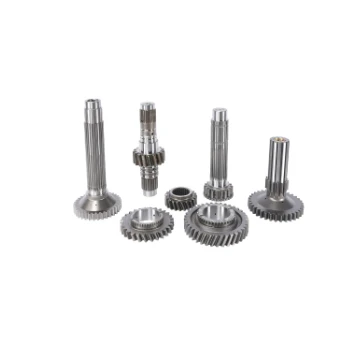
The agricultural and industrial machinery sector is experiencing remarkable growth, and at the heart of this expansion lies the trade and supply of tractors.
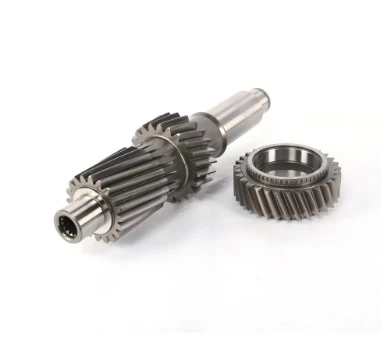
In the world of heavy - duty construction, the seamless operation of machinery is crucial for large - scale projects.
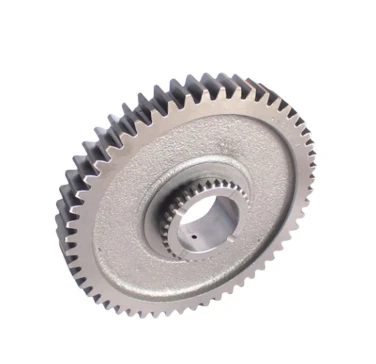
The world of tractors is vast and varied, catering to both practical agricultural needs and the passionate interests of collectors.
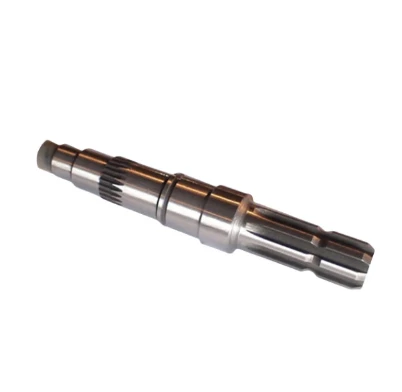
The agricultural and construction machinery landscape is constantly evolving, with tractors standing as essential workhorses for a variety of tasks.
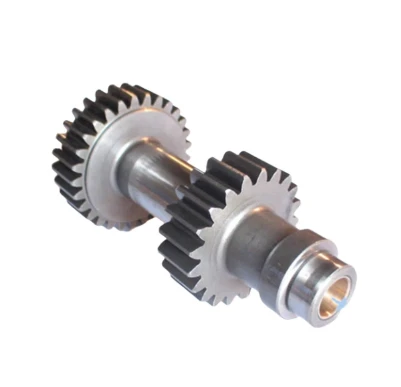
In the intricate world of mechanical engineering, gears are fundamental components that enable the seamless transfer and manipulation of power.
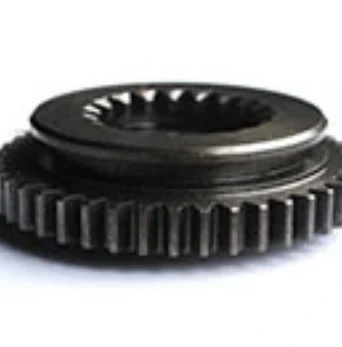
The market for tractors is a bustling hub, catering to a wide range of needs from large - scale farming operations to small - scale gardening projects.
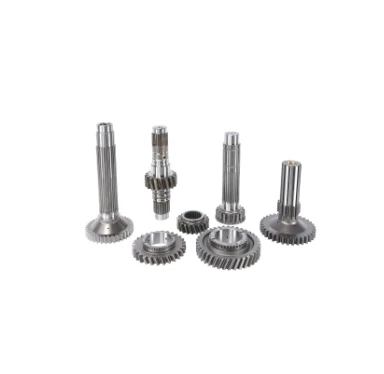
In the dynamic world of farming, machinery has become an essential part of efficient and productive operations.
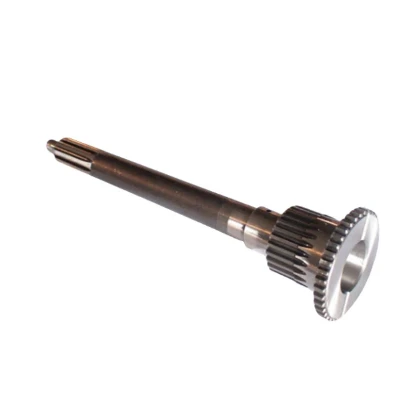
In the expansive realm of agriculture, various tools and machines play crucial roles in ensuring efficient crop production and overall farm management.
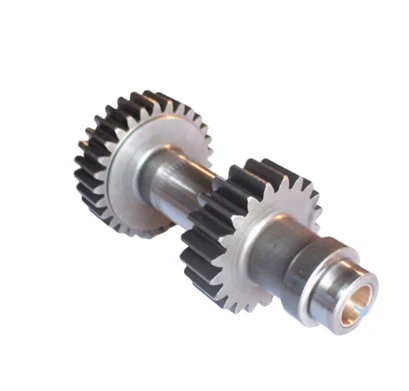
Tractors are essential workhorses in the agricultural and construction sectors, playing a pivotal role in a wide range of tasks.
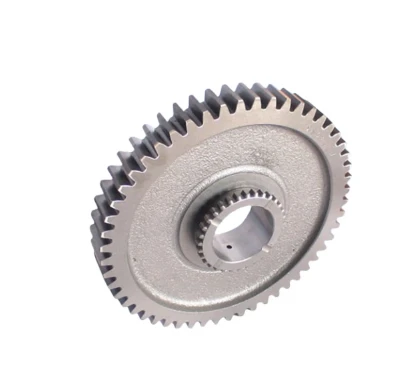
The agricultural and construction sectors rely heavily on tractors for their operations, and the entities involved in the production, distribution, and pricing of these machines shape the industry's trajectory.
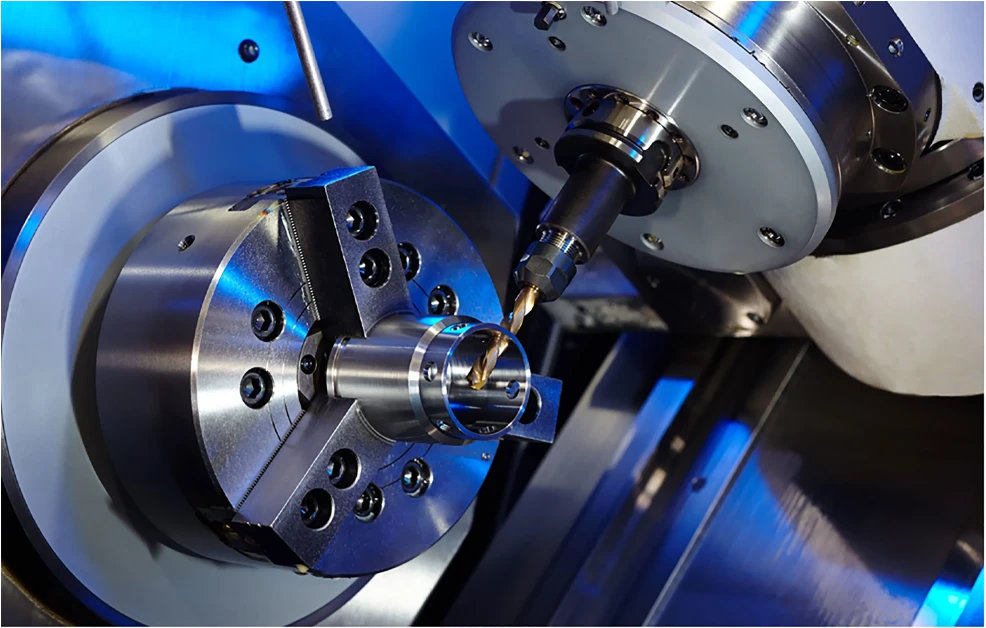
Demystify the Rotary Tiller
Curious about rotary tillers? It's a game - changer for soil cultivation. Breaks, tills, and aerates soil with ease. Ideal for gardens and farms. Learn more about this handy tool now!
International layout
Spread all over the world
our products are exported to various parts of the world. Currently, our products have been exported to more than 40 countries Our products cover Asia, Europe, Africa, South America, North America, and Oceania
Sign up
for Newsletter
Subscribe to the weekly newsletter for all the latest updates


